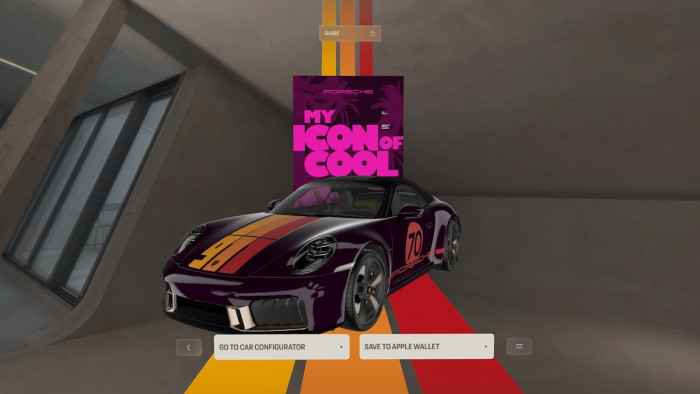There’s a new alternative to Uber and it’s waaaaay cheaper
The Mercedes-owned ViaVan could be the future of getting around


Something that’s great is getting driven from one place to another without having to propel yourself with your own legs or expel any energy. Something that’s rubbish is spending huge amounts of money on something as seemingly straightforward as being driven from one place to another without having to propel yourself with your own legs or expel any energy.
ViaVan could be the answer.
Sort of like a halfway point between Uber and traditional public transport, it works via an app, just like Uber, and pairs you with people making similar journeys, like UberPOOL.
So what makes it different? Well, the journeys are a lot cheaper. In fact, during the launch period people were paying anything between £3-£6 a trip on journeys that are often triple that cost with Uber (and that’s before the dreaded surge charge - here’s a good trick to beat the surge, btw).
ViaVan also claim to offer a better deal for drivers - taking a smaller cut of fares than Uber and operating strict guidelines on how long you can drive for in a bid to reduce driver fatigue - as well as the environment. Sustainability and reduced congestion are behind the carpooling part of it, as well as cost-spreading.
So what’s the catch, we hear you ask?
Well, the differences lie are that (a) it’s a big branded-up van rather than, as with Uber, some dude’s car (this might be off-putting to some people); (b) it’s currently only operating in Zones 1 and 2; (c) there is no individual-passenger alternative so you always need to share (a problem if you’re super unsociable or of a nervous disposition, we guess; and (d) it’s hella cheap, as previously mentioned. At the time of writing a journey from Oxford Street to Finsbury Park costs as little as £5.

CEO Chris Snyder says that the combination of a limited amount of vans on the road, and more passengers in them, should reap benefits all round. “ViaVan is a different kind of company: we have social responsibility built into our DNA,” he says. “Our mission is to power truly dynamic mass transit systems, which reduce congestion in our cities while offering drivers the opportunity to earn a decent living. We are delighted to launch in London and to finally give Londoners an alternative to expensive and inefficient private car services.”
(From the sounds of it, you might have to wait for longer than with Uber, or wander a bit further to join up with the van’s planned route, but it still sounds like, when you’ve hit that “I must go home, and I must go home now” point, it’ll still be less effort than taking the Tube - not-to-mention a bit more reliable)
Time will tell - the middle-ground of being quite convenient but not extremely convenient might be a harder sell than the ease of being taken straight from where you are to where you want to be, but a cheaper, more sustainable way of getting around that treats drivers better absolutely seems like a good thing.
(Pic: Pixabay)








